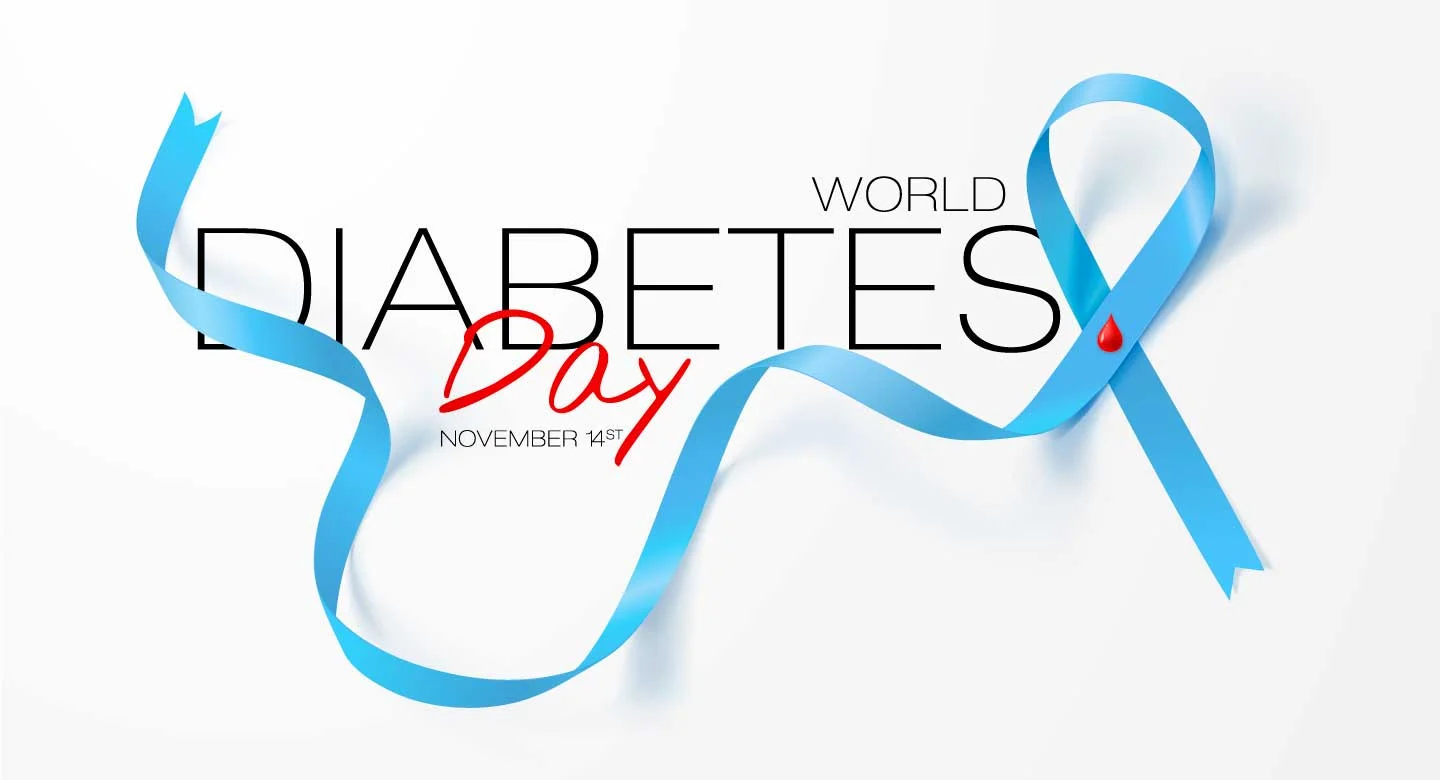Let’s work towards providing accessibility to diabetes education, prevention and healthcare system on World Diabetes Day 2024.
“Breaking barriers, bridging gaps” for a healthier tomorrow: World Diabetes Day
World Diabetes Day serves as an awareness campaign on every 14th November which aims at tackling the burden of diabetes. This year’s theme, “Breaking barriers, bridging gaps”, emphasizes the urgent need to dismantle obstacles and disparities in diabetes care. As we strive for quality healthcare system, it is important to address the gaps in diabetes prevention, diagnosis and management.
About World Diabetes Day
In 1991, World Diabetes Day was established by the International Diabetes Federation (IDF) and the World Health Organization (WHO). The day marks the birthday of Sir Frederick Banting, who discovered insulin alongside Charles Best in 1922. World Diabetes Day focuses on a specific theme every year. It is the world’s largest diabetes awareness campaign reaching audience of over 1 billion people in over 160 countries around the world.
The effects of diabetes across the globe
Diabetes has affected approximately 537 million individuals globally according to the 2021 report by the IDF, constituting roughly 10.5% of the world's populace. Diabetes incurred healthcare expenditures totaling $966 billion around the world. A rough projection indicates a surge in diabetes cases to 783 million by 2045, with associated medical treatment costs estimated to surpass $1054 billion. However, almost half of all people with diabetes are unaware of their medical condition.
Cause of diabetes
Diabetes is a chronic condition characterised by high blood sugar levels. The causes of diabetes may differ depending on the type of diabetes.
Type 1 Diabetes
Genetic predisposition
Autoimmune response (body attacks insulin-producing cells)
Environmental factors (viruses, toxins)
Type 2 Diabetes
Insulin resistance (body's inability to use insulin effectively)
Pancreatic beta-cell dysfunction (reduced insulin production)
Obesity
Physical inactivity
Unhealthy diet
Family history
Age (risk increases after 45)
Barriers to diabetes care
Several barriers that effect diabetes management:
Lack of access to healthcare: Limited healthcare infrastructure and resources is one of the major barriers.
Socioeconomic disparities: Poverty, education, and employment barriers can be a roadblock for diabetes care.
Bridging the gaps
To break barriers and bridge gaps, we must:
Improve access to healthcare: Strengthen healthcare systems and infrastructure.
Enhance health literacy: Educate communities about diabetes prevention and management.
Promote cultural competency: Tailor healthcare services to diverse populations.
Foster community support: Encourage social support networks and peer mentoring.
The final note
Breaking barriers and bridging gaps in diabetes care requires collective action. We can empower individuals and communities to manage diabetes effectively by addressing disparities and promoting equitable access to healthcare. Together let’s work towards a world where everyone has access to diabetes education, prevention and healthcare system.

Get Quick Quote


